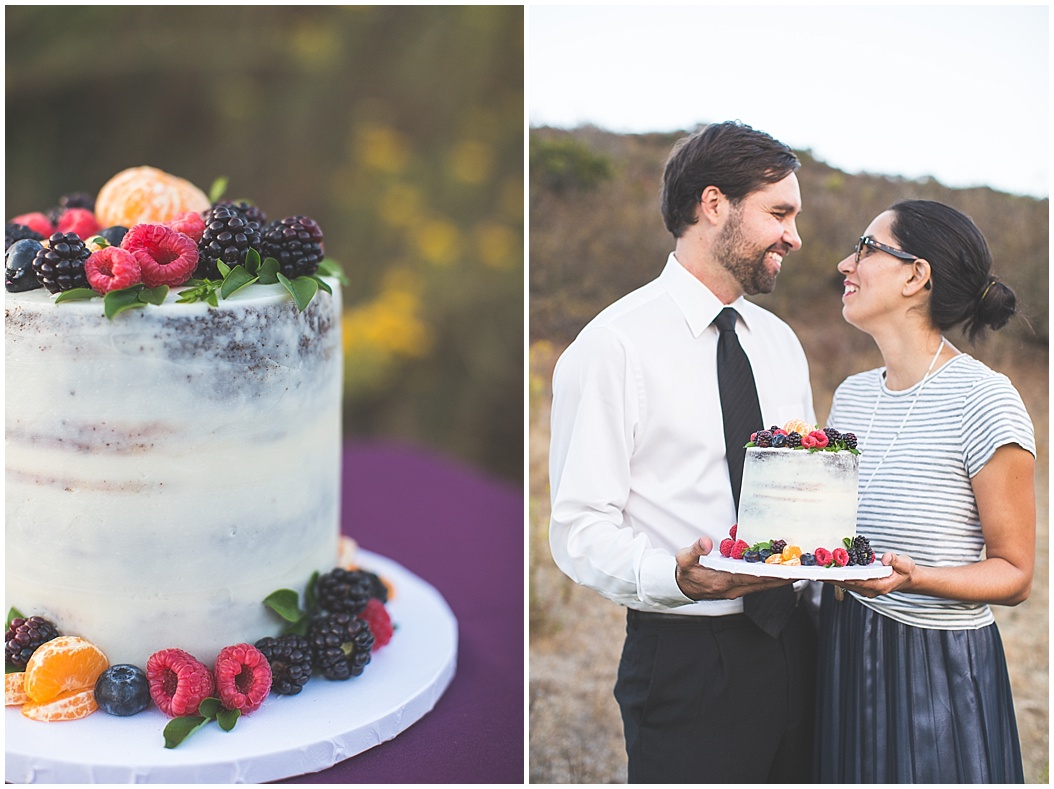Our Favorite Quotes on Fruitful Love, on the Anniversary of Humanae Vitae
/This week, the Church commemorates 50 years since the publication of Blessed Pope Paul VI’s encyclical letter Humanae Vitae--translated as ”Of Human Life.” Drawing from the hundreds of years of Scripture and tradition on which the Church was founded, the letter was composed in response to a commission whose purpose was to evaluate the effects of newly and widely available contraceptives on society.
The Pope’s words praise the goodness of married love: he calls it “fully human,” involving both body and soul--the whole person--and imaging Christ’s free, faithful, total, and fruitful gift of self. Love like this reserves nothing and bears real fruit, ending not in death but in eternal life.
Life. Whether physically, spiritually, or both, all married couples are called to be abundant and allow new life to flow forth from their love.
Amid social pressure and speculation over whether the encyclical would “reverse” the Church’s directive that contraceptives are contrary to the nature of authentic love, Paul VI courageously maintained that artificial means of birth control are never in keeping with a sincere, unreserved gift of the self and exchange of persons.
After all, as he pointed out, the nature of love itself; the nature of Jesus’ sacrifice at Calvary, hadn’t changed since before the commission--how, then, could human beings change their imitation of this love, without changing the definition of love entirely? His appeals to logic--and his recognition that every person desires to be loved without conditions or limitations--draw attention to the high, yet attainable, calling of our path to heaven.
If you’ve never read Humanae Vitae, engagement and new marriage are ideal times to contemplate the love spouses are called to imitate; to be the human face of the Father’s love to one another in the particular way only they, as individuals, can.
What’s more, if the demands of love, and the Church’s reasoning on contraception, are difficult for you, take time to turn inward in prayer and ask the Lord if he’s calling you and your beloved to deeper understanding or a lifestyle change. He is merciful in all things and desires nothing less than our deepest happiness.
When the love of husband and wife mirrors the Father’s love as closely as possible, we are drawn more deeply into the heart of God and that much closer to the fulfillment and true flourishing on earth that he intends for us, his children.
This list of resources, including prayers, studies, and media, from the U.S. Bishops is a rich and accessible starting point. For your further contemplation and inspiration, we’ve compiled a selection of passages, from holy men and women past and present, that make us excited and motivated to live out love’s demands.
On authentic love
As a passion sublimated by a love respectful of the dignity of the other, [the relationship between spouses] becomes a “pure, unadulterated affirmation” revealing the marvels of which the human heart is capable. - Pope Francis
Self-discipline...is a shining witness to the chastity of husband and wife and, far from being a hindrance to their love of one another, transforms it by giving it a more truly human character...it brings to family life abundant fruits of tranquility and peace. - Humanae Vitae
For the Lord has entrusted to [spouses] the task of making visible to men and women the holiness and joy of the law which united inseparably their love for one another and the cooperation they give to God's love, God who is the Author of human life. - ibid
On the love of God
All love ends in an incarnation, even God’s. Love would not be love if it did not escape the limitation of individual existence by perpetuating itself...wherein death is defeated by life. - Ven. Fulton Sheen
The liberating message of the Gospel of Life has been put into your hands. - Saint John Paul II
Do you want to see the difference [between NFP and contraception]?...There’s nothing to fear. Trusting him is only threatening if he’s a tyrant. He’s not. He’s perfect love. Let go. Let him in. Trust him. - Christopher West
On family size, discernment, and infertility
The number is not in itself the decisive factor. The fact of having few or many children does not on its own make a family more or less Christian. What matters is the integrity and honesty with which married life is lived. True mutual love transcends the union of husband and wife and extends to its natural fruits — the children. Selfishness, on the contrary, sooner or later reduces love to a mere satisfaction of instinct and destroys the bond which unites parents and children. - St. Josemaria Escriva
I would therefore like to remind spouses in a condition of infertility, that this does not thwart their matrimonial vocation. Spouses are always called by their baptismal and matrimonial vocation itself to cooperate with God in the creation of a new human life. The vocation to love is in fact a vocation to the gift of self, and this is a possibility that no physical condition can prevent. Therefore, whenever science finds no answer, the answer that gives light comes from Christ. - Pope Emeritus Benedict XVI
On sacrifice and its fruits
...the seeking [of Jesus] is a going out from ourselves. It is a going out from our illusions, our limitations, our wishful thinking, our self-loving, and the self in our love. - Caryll Houselander
Want to be happy?…Lose your life in love and you will find it. Give your life away as a gift, and you’ll come to resurrection. - Bishop Robert Barron
The various forms of sacrifice include one positive similar meaning: Life is surrendered in order to be transformed and shared.” - Scott Hahn
On charity with regard to Church teaching
We are fully aware of the difficulties confronting the public authorities in this matter…"the only possible solution to this question is one which envisages the social and economic progress both of individuals and of the whole of human society, and which respects and promotes true human values." - Humanae Vitae
Now it is an outstanding manifestation of charity toward souls to omit nothing from the saving doctrine of Christ; but this must always be joined with tolerance and charity, as Christ Himself showed in His conversations and dealings with men. - ibid
On human nature
Our body is a cenacle, a monstrance; through its crystal the world should see God. - Saint Gianna Molla
Woman naturally seeks to embrace that which is living, personal, and whole. To cherish, guard, protect, nourish and advance growth is her natural, maternal yearning. - Saint Teresa Benedicta of the Cross (Edith Stein)
For man cannot attain that true happiness for which he yearns with all the strength of his spirit, unless he keeps the laws which the Most High God has engraved in his very nature. These laws must be wisely and lovingly observed. - Humanae Vitae
As always, we at Spoken Bride are here for you. No matter where you’re coming from, no matter your opinion or experiences with this aspect of Church teaching, we’re committed to truly seeing and hearing you. We welcome your thoughts, your questions on married love and Natural Family Planning, and even your reservations and respectful disagreements, so know that you have the freedom to share them in the comments and on our social media. Consider this an invitation to conversation, with our hopes of living out our mission of truth, goodness, beauty, and authenticity with charity and productive dialogue.
Photography: Alyssa Michelle Photography, seen in How He Asked | Danielle + Jeff

















































